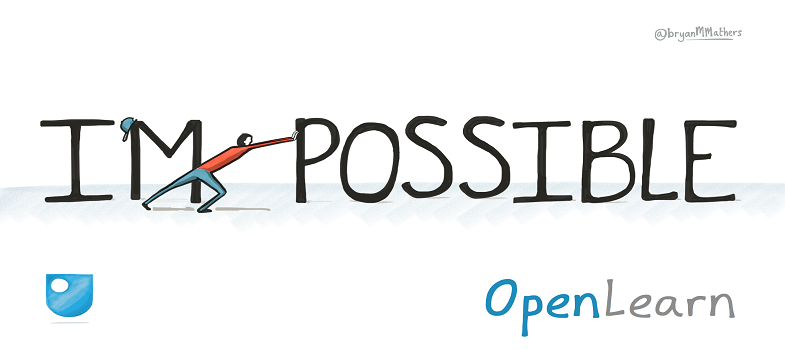2.5 Course delivery approach
Depending on the subject, the availability of teaching and support staff and the needs of the learners, the approach you take to course design and delivery can differ widely among online courses. Listed below is a variety of definitions that have been identified for you to consider:
- Face-to-face (classroom-based) course with resources available online to supplement learning e.g. lecture notes, videos or additional reading.
- The flipped learning [Tip: hold Ctrl and click a link to open it in a new tab. (Hide tip)] (or flipped classroom) approach whereby learners view their lectures in the form of videos outside of the classroom, then use the classroom as an environment for activities and discussion.
- The blended learning approach with some guided classroom or online group activity combined with online reading, quizzes and activities.
- A fully online course with elements of social learning, where learners are supported over a defined period of time and study a course together, for example, as in a MOOC. Learners may benefit from the support of their peers and a tutor/forum moderator.
- If resources are more limited, particularly staff time to support online learners and moderate discussion forums, then it may be best to consider a fully open course. These have no start or finish dates and that offer complete flexibility to the learner, for example those found on OpenLearn.
- The ebook approach can also be used as an alternative version of the fully open course or created specifically for offline use. After initial download, an ebook can be provided in a variety of formats for use on different devices or to print.
Learning design (instructional design) is discussed in Section 5 with a template for you to use to plan the structure of your course. Within the approaches discussed above, you may wish to consider to what extent you drive learning through social learning and activities. A narrative may be based on using personas, for example, with real-world examples (such as the free course on digital literacy by the OU Digital literacy: succeeding in a digital world). Where you are describing skills, you may ask learners to consider their current practice and reflect on this at the start and at the end of the course.
Assessment is discussed in Session 6 and can be applied to all or none of these settings.
2.4 Learning outcomes
